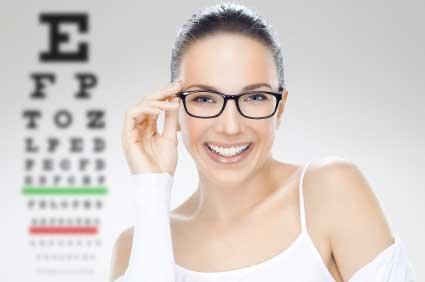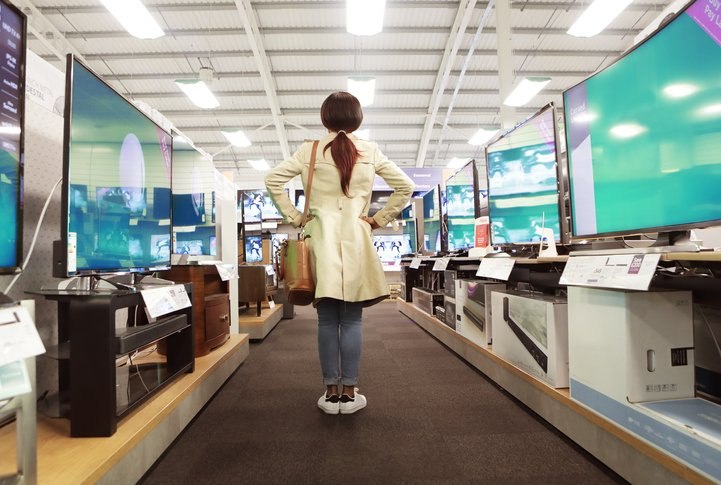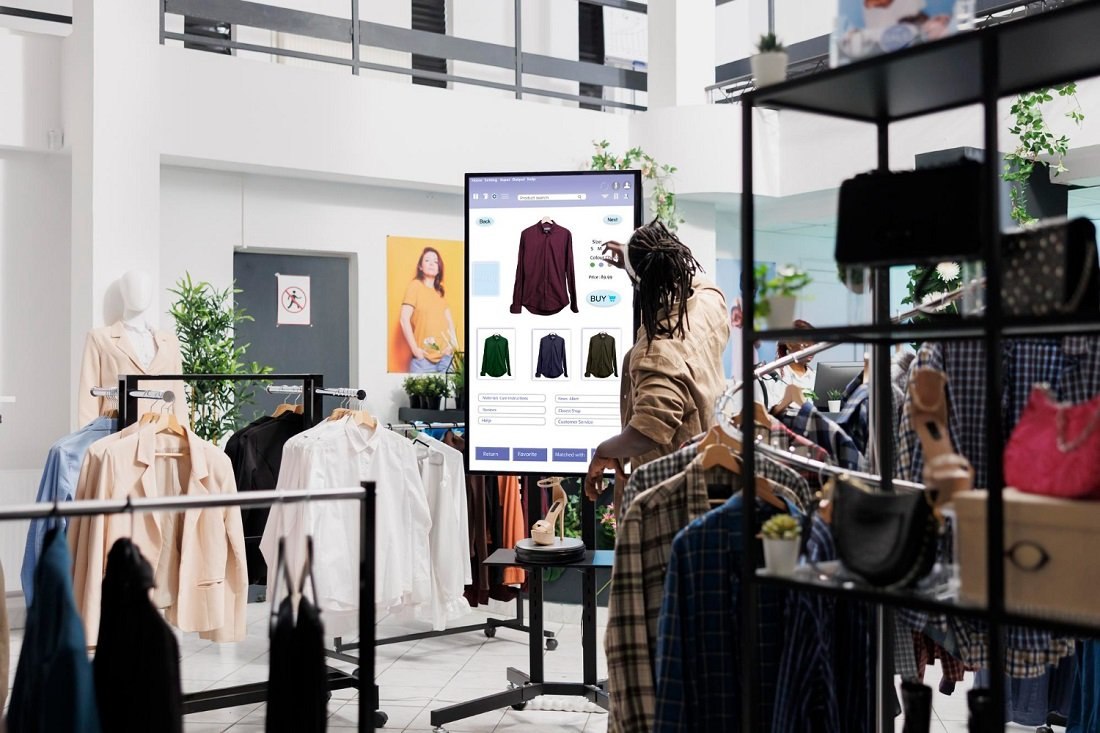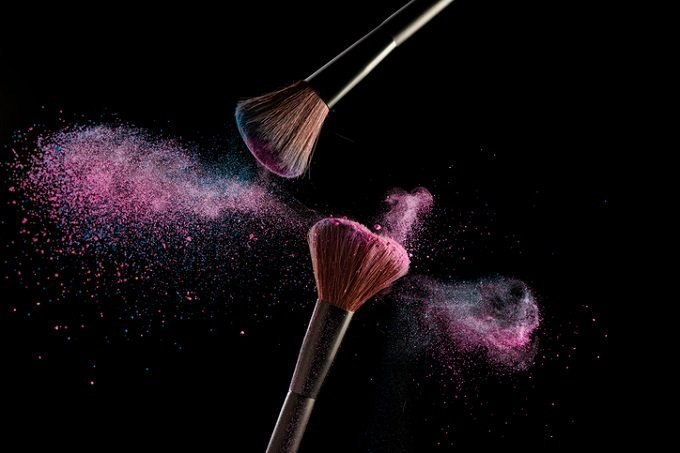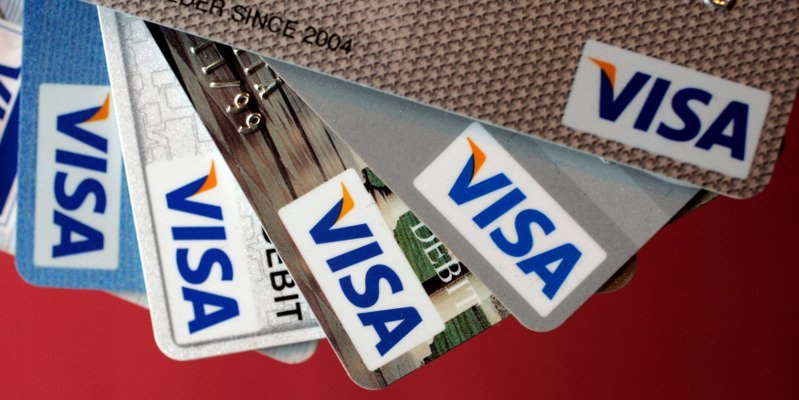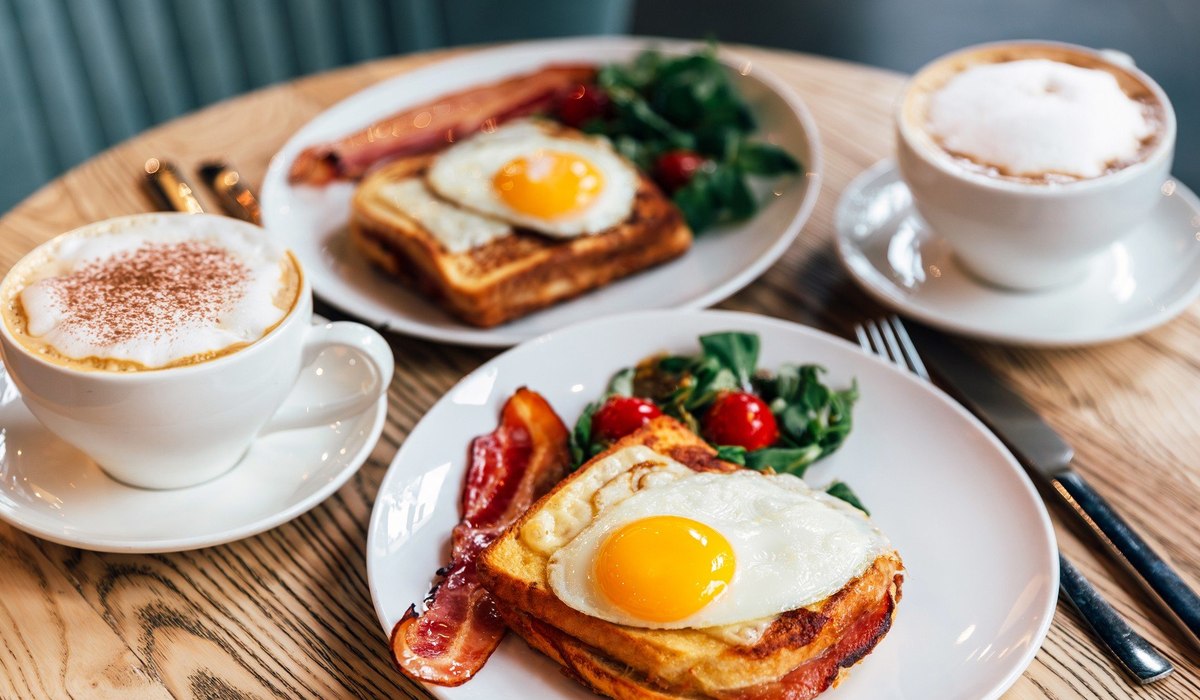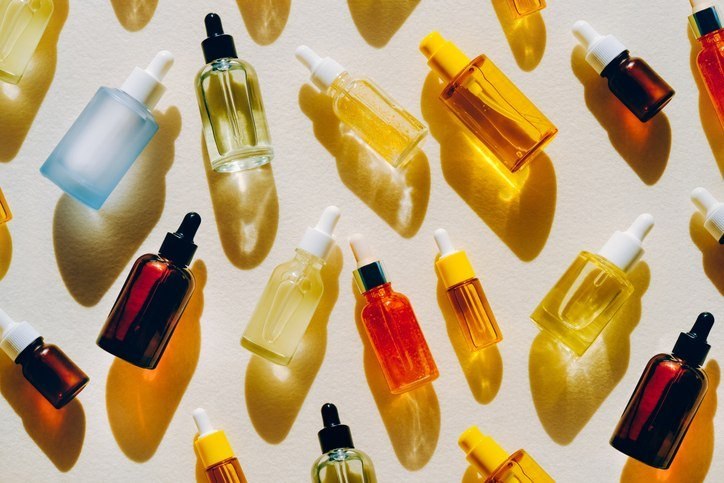
Key insights into Britons’ attitudes towards beauty and personal care
This month, British Vogue editor Chioma Nnadi, expressed her concern that skinny was coming back to the catwalk, at the expense of other body shapes. “It’s important that all bodies are represented,” she said, partially blaming the trend on weight loss drugs. But if skinny still defines fashion, what is its role in beauty for British consumers? And what else defines beauty and the purpose of beauty products for these shoppers?
Using YouGov Profiles data, we look at Briton’s views on these issues.
For starters, among the general British population, a quarter (26%) agree with the statement that beauty means being thin – by gender, 23% of men and 28% of women hold this view.
Where about a quarter of British men (24%) say they use beauty products to make themselves look better, they are far outnumbered by the women who say so (66%). Among the general population, just over four in 10 Britons (42%) use beauty products to prevent their skin from ageing – a quarter of men (25%) and six in ten women (59%) say the same.
Most Britons also like the tried-and-tested approach, in that, 57% of the general British population agree that they stick to what they know when it comes to beauty products. Women are far more likely than men to be of this opinion (71% vs. 42%).
Do beauty products belong to a gender?
There’s a joke on the internet that observes that men’s personal care products are typically marketed as five-in-one – say something that’s a shampoo, body wash, conditioner, face wash and engine degreaser all in one. When it comes to products aimed at women, the joke continues that you’ll see five different serums for hair alone, a wide array of lotions based on concern, as well as something specifically formulated just for the left elbow.
A fair amount of this perspective may stem from gender-based product marketing, which sometimes upholds certain stereotypes. What do Britons feel about products being formulated with gender in mind?
A significant proportion of Britons disagree with the statement that having products specifically made for men or women enforces stereotypes. More men than women share this disagreement (47% vs. 42%).
Over a third (35%) are in agreement with the statement, and among those who are, women are a shade more likely to agree compared to men (37% vs. 34%).
Make smarter business decisions with better intelligence. Understand exactly what your audience is thinking by leveraging our panel of 26 million+ members. Speak with us today.
Methodology: YouGov Profiles is based on continuously collected data and rolling surveys, rather than from a single limited questionnaire. Profiles data for Great Britain is nationally representative and weighted by age, gender, education, region, and race. Learn more about Profiles.







